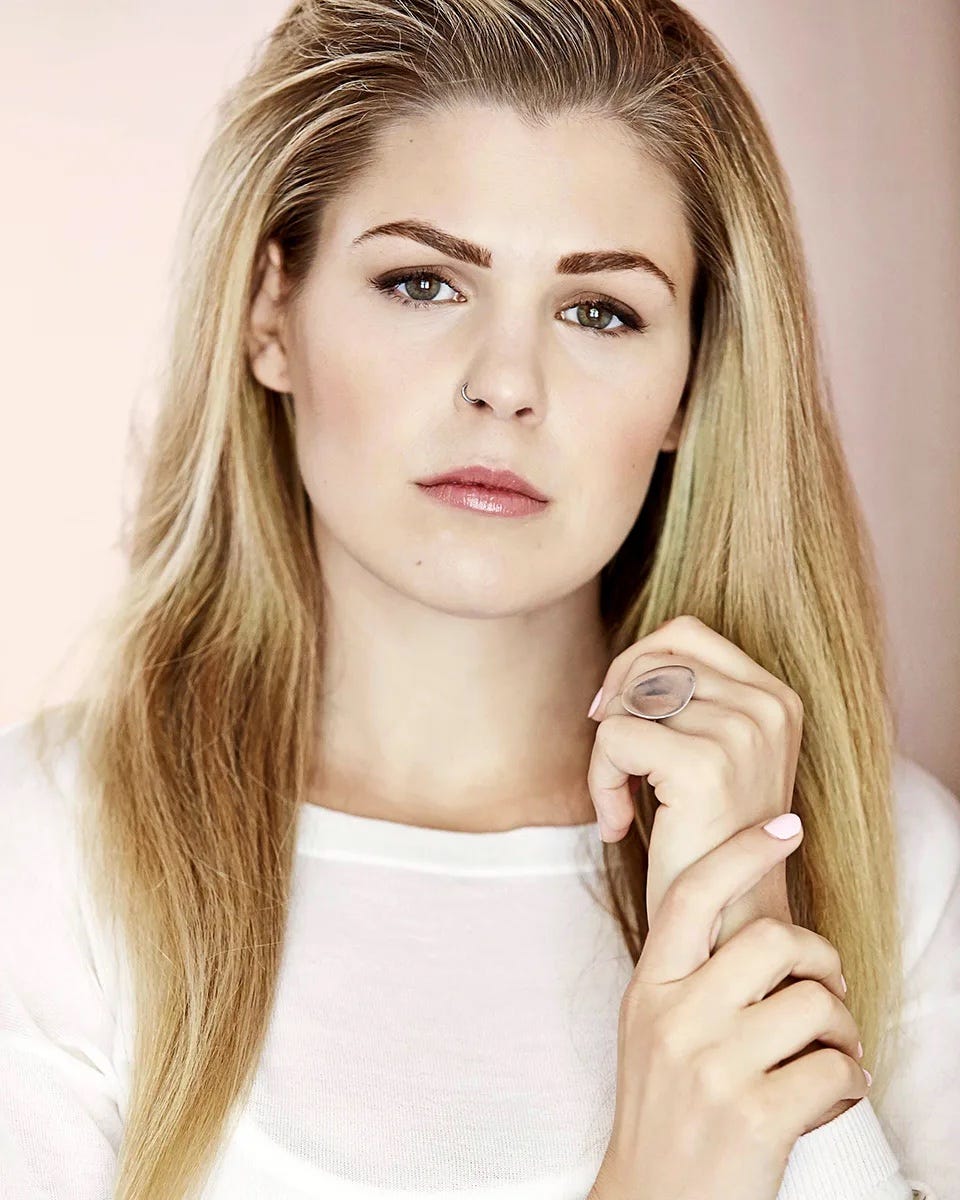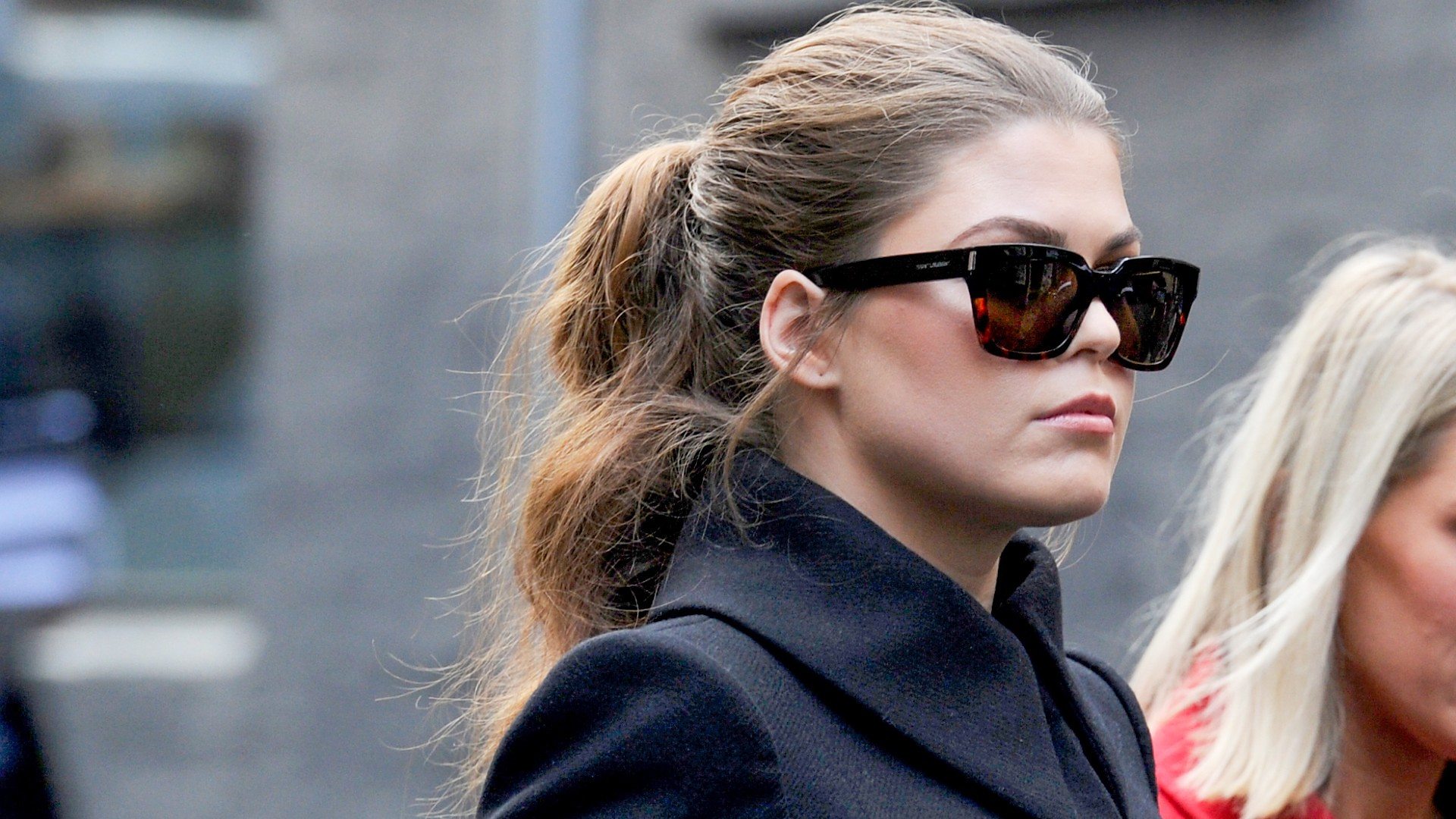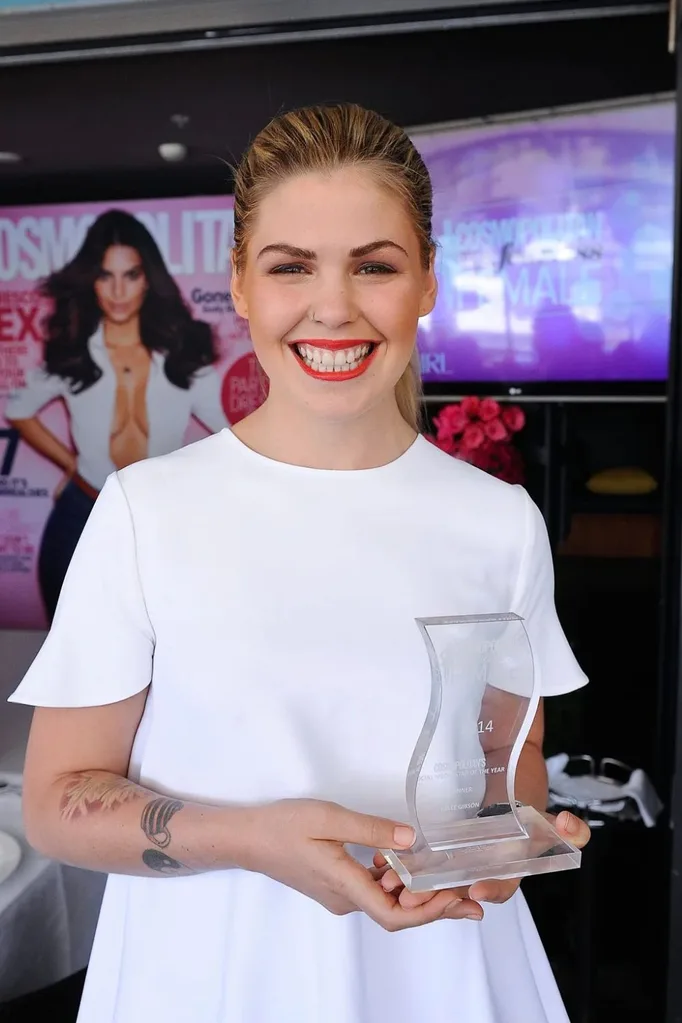Belle Gibson - A Look At Her Wellness Story
The story of Belle Gibson, an Australian figure who once captured public attention through wellness claims, eventually took a very different turn. Her rise to prominence as a social media personality was, in a way, built upon personal narratives concerning health and recovery. What started as a seemingly inspiring account of overcoming a serious illness through diet and lifestyle choices gradually came under scrutiny, leading to a significant shift in how she was perceived by many.
For a period, Belle Gibson gained a rather considerable following, sharing what she presented as a personal triumph over a very serious health condition. She put forward the idea that her specific dietary choices and a particular way of living had helped her manage what she said was a severe form of brain cancer. This message, in some respects, resonated with a lot of people looking for alternative approaches to health and well-being.
However, the narrative surrounding Belle Gibson began to unravel, revealing that the foundation of her public image was not quite as it seemed. The claims she had made about her own health and recovery were later found to be untrue, leading to a considerable amount of public discussion and legal consequences. This whole situation, you know, really brought to light the importance of verifying information, especially when it comes to health advice shared online.
Table of Contents
- Belle Gibson - A Look at Her Background
- What Was the Core Claim of Belle Gibson?
- How Did Belle Gibson Build Her Following?
- The Unraveling of Belle Gibson's Story
- What Happened After Belle Gibson's Deception Came to Light?
- Belle Gibson - Where Is She Now?
- The Impact of Belle Gibson's Actions
- Lessons from the Belle Gibson Case
Belle Gibson - A Look at Her Background
Annabelle Natalie Gibson, who came into the world on October 8, 1991, is recognized as an Australian individual involved in health-related deceit, a former online personality, and a proponent of ideas not supported by mainstream science. She authored a mobile application called 'The Whole Pantry,' which offered recipes and wellness advice, so. This app, along with her online presence, was a central piece of her public persona and how she connected with her audience.
Her initial rise to public attention was, in a way, tied to the sharing of a very personal health journey. She presented herself as someone who had faced a very serious medical challenge and found a path to recovery through specific lifestyle adjustments. This sort of personal account can be very compelling, and it definitely drew many people to her content and what she was promoting.
The story of Belle Gibson, in essence, is about how a personal tale can gain widespread acceptance and build a significant platform. Her influence grew, and she became a figure many looked to for guidance in the wellness space. This was all happening, you know, before the deeper aspects of her story began to come out, which changed everything for her public image and career.
Here are some personal details about Belle Gibson:
| Full Name | Annabelle Natalie Gibson |
| Date of Birth | October 8, 1991 |
| Nationality | Australian |
| Known For | Health fraud, former influencer, pseudoscience advocacy |
| Notable Work | 'The Whole Pantry' mobile application |
What Was the Core Claim of Belle Gibson?
At the very heart of Belle Gibson's public persona and what brought her much recognition was a very significant claim about her health. She stated that she had been diagnosed with a severe, life-ending type of brain cancer. This was, in effect, the foundation upon which her entire wellness message was built. She then went on to say that she had managed to get better, or even 'cure' this serious illness, simply by making changes to her diet and adopting a specific healthy way of living. This was, you know, a pretty bold statement to make.
This claim of overcoming a terminal illness through nutrition and lifestyle was what set her apart and drew a large number of followers. People were, naturally, very interested in her story, hoping to find inspiration or solutions for their own health challenges. Her narrative suggested that traditional medical treatments were not needed, or perhaps even less effective, than the methods she was promoting. This idea, for many, was quite appealing.
The success of her mobile application, 'The Whole Pantry,' and her overall online presence, was directly tied to this personal story of recovery. It created a powerful narrative that positioned her as a wellness expert who had found a unique path to health. This was, in a way, the central pillar supporting her growing influence and the financial success that followed. The idea that diet alone could conquer such a serious illness was, well, a very compelling thought for many.
How Did Belle Gibson Build Her Following?
Belle Gibson put together a considerable group of supporters and, in effect, a financially rewarding career, all based on her personal account. She made use of social media platforms to share her story, which, you know, allowed her to reach a wide audience very quickly. Her posts and interactions created a sense of community around her message of health and self-improvement.
Her ability to connect with people through her narrative was a key part of her growth. She presented herself as someone who had faced immense personal adversity and found a way through it, which, frankly, is a very relatable human experience. This connection fostered a sense of trust and admiration among her followers, who saw her as an inspiring figure. She often shared recipes and wellness tips, which were seen as practical applications of her 'curing' philosophy.
The mobile application, 'The Whole Pantry,' served as a central hub for her content and a way to monetize her growing popularity. It offered users a collection of recipes and advice, all framed within the context of her personal health story. This product helped to solidify her position as a wellness guru and provided a tangible way for her followers to engage with her methods. It was, basically, a very effective way to turn her personal narrative into a public and profitable venture.
The Unraveling of Belle Gibson's Story
The public perception of Belle Gibson, once so positive and inspiring, began to shift dramatically when questions arose about the truthfulness of her claims. It became known that her statements about having terminal brain cancer, and subsequently overcoming it through her diet, were not accurate. This discovery marked a significant turning point in her public life, as the very foundation of her fame was shown to be untrue. It was, in some respects, a very shocking revelation for many who had followed her.
The exposure of her deception in 2015 led to her disappearance from the public eye. This was a direct result of the truth coming out, which, you know, completely changed how people viewed her. The trust she had built with her audience was broken, and her once-thriving career as a wellness influencer began to crumble. This period was marked by intense scrutiny and public disappointment.
The news that she had lied about her illness spread widely, transforming her image from an inspiring figure to a discredited one. Her story, which had previously offered hope, now served as a cautionary tale about the importance of honesty and verification in the public sphere. This whole situation, you know, really highlighted the potential for harm when false health claims are made and widely shared.
What Happened After Belle Gibson's Deception Came to Light?
After Belle Gibson's claims were revealed to be false, there was a period of significant public and legal repercussions. She was, in effect, exposed for her untruthful statements regarding her health. This exposure led to a considerable amount of public discussion and, eventually, legal proceedings against her. It was a very public downfall, frankly.
The consequences of her actions included legal action taken against her for misleading consumers. She was, as a matter of fact, found to be a convicted scammer. This legal outcome was a direct result of the false information she had provided and the financial gains she had made from it. The legal system stepped in to address the harm caused by her deceptive practices.
The Netflix series 'Apple Cider Vinegar' is said to tell a version of her story, though it apparently does not go into all the detailed legal issues that followed. This suggests that the fallout from her deception was quite extensive and complex. Her admission that she did not have terminal brain cancer, a decade after her initial claims, underscored the depth of her misrepresentation. This whole situation, you know, truly brought to light the serious nature of her actions.
Belle Gibson - Where Is She Now?
The question of Belle Gibson's current whereabouts and activities is one that often comes up, especially given the significant public interest in her past. After the extensive public exposure and the legal actions that followed, she largely withdrew from the public eye. Her once very active presence on social media and in the wellness community ceased, naturally.
Her story, as a convicted Australian scammer who fabricated a serious illness, continues to be a point of reference when discussing online influence and accountability. The Netflix production 'Apple Cider Vinegar' brings her story back into conversation, prompting many to wonder about her life today. It's almost as if her past continues to follow her, even as she tries to live a more private existence.
Information about her current life is not widely available, reflecting her departure from the public sphere. She is no longer an active social media influencer, nor is she promoting wellness products in the same way she once did. Her public image has, in some respects, completely changed from what it once was, and her current life appears to be much less visible. This is that outcome when such a significant public deception comes to light.
The Impact of Belle Gibson's Actions
The actions of Belle Gibson had a wide-ranging impact, affecting not only her own life but also influencing public discourse around health claims and online personalities. Her story served as a stark reminder of the importance of skepticism and critical thinking when consuming information, especially that shared through social media platforms. It really made people question what they were seeing online, you know.
Her case brought considerable attention to the responsibilities of those who gain a public following, particularly in sensitive areas like health and well-being. It highlighted the potential for significant harm when false information is spread, especially when it encourages people to make health decisions based on unverified claims. This was, in a way, a very important lesson for both content creators and consumers.
The fallout from her deception also contributed to a broader conversation about accountability for online figures. It demonstrated that there can be serious legal and financial consequences for misleading the public, even if the platform is social media. This whole situation, frankly, helped to shape expectations about transparency and honesty from those who hold positions of influence. It showed that, eventually, the truth can come out and have significant repercussions.
Lessons from the Belle Gibson Case
The experience surrounding Belle Gibson offers several important points to consider for anyone engaging with health information found online. It really underscores the idea that personal stories, while often compelling, should be looked at with a thoughtful and questioning approach, especially when they involve claims about health or recovery. It's very easy to get swept up in a narrative that seems hopeful.
One key lesson is the need for independent verification of health claims, particularly those that seem too good to be true or that suggest radical alternatives to established medical advice. Relying solely on a single individual's account, without seeking confirmation from reputable sources, can lead to poor choices. This case, you know, highlighted the potential dangers of accepting information without proper checks.
Furthermore, the Belle Gibson situation serves as a reminder of the ethical obligations of those who build public platforms, particularly when they offer advice that could affect people's well-being. It stresses the importance of honesty and transparency, as trust, once broken, is very difficult to rebuild. This whole event, basically, became a cautionary tale about the consequences of deception in the public eye.

The true story behind Belle Gibson – and where she is now

Belle Gibson: The influencer who lied about having cancer - BBC Three

Belle Gibson now: The real story behind Netflix's 'Apple Cider Vinegar